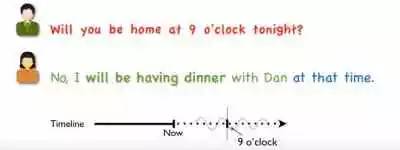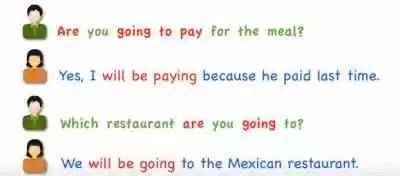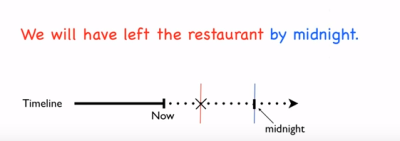首页 > 雅思备考
雅思想考7,不会时态可不行!
摘自环球雅思官网
一般现在时
表一个事实,一个习惯或者是有规律发生的动作。
栗子:
表事实:She is an author. She writes books.
表习惯:She always writes in the morning.
表有规律发生的动作: She writes two books a year.
表动作目前的状态是“正在进行中”,
栗子:
She is currently writing a book.

一个动作已经发生,并且还在一直持续
栗子:
She has been writing books for over 20 years.
She has been writing books sine she was 18 .

1、加行为动词的时候(已经完成的动作对现在造成的影响) 会有一些固定搭配: so far, already,not yet,recently,just,ever,never,today(until now),this year(until now),in the last few years,in the past week...
栗子:
She has already written 40 books.

2、加状态动词的时候,状态动词就是静态动词表静止的状态,例如be,know,see,think...表示的是过去的动作或状态持续到现在。
栗子:
She has been a writer for 15 years.
I have known her since 2010.

表在过去的某个时间点发生的动作,并且这个动作已经完成。
固定搭配:yesterday,last year,a week ago,when I was young...
栗子:
She wrote that novel many years ago.

表示过去在某一精确的时刻或某一段时间内正在发生或进行的动作或状态。
栗子:
She was wiring that novel when she become ill.

过去的某个动作对过去的某个点产生的影响,有点儿绕,就是过去的过去,对过去的影响。
栗子:
She had written that novel before she become ill.

表过去的某个动作已经开始,持续了一段时间,并且对过去的某个点产生影响。
栗子:
She had written that novel for a few months when she become ill.

用法一: 在说话时做出的决定,一般发生在对话中。

用法二:在将来可能发生的事情,此时一般会跟一些有关可能性的词语
栗子:
I will probably call him this afternoon.
Be going to do ( I am going to do, she is going to do...)
用法一: 表已经计划好在未来要发生的动作。
栗子:
I am going to call Dan after lunch.
用法二:表一些事情确定会在未来的某个时间段发生。
栗子:
I know he is going to invite me out.
(I am doing ... tomorrow, she is doing...next week等)
表一个确定好的安排,会在将来发生。
栗子:
Dan has invited me out for dinner, and I have accepted his invitation.
↓↓↓
I am having dinner with Dan tonight.
1、表示在将来的某一时间,正在进行的动作。

2、偶尔, “going to” 和 “be doing”的交换,但都是对于未来确定的计划。

表动作会在将来完成

表示某种情况下一直持续到说话人所提及的时间,就是动作在将来发生,并且会持续一段时间,并对将来的某个时间段有影响。

所有的时态已经讲完,晕了吗?
时态掌握好,句子才能写对。
要不就会出现一个句子里很多时态,
或是时态与表达意思不符的状态。
欲了解更多有关雅思、托福、省考、SAT等语言类考试及培训类课程,欢迎拨打温哥华环球教育官方学校的咨询电话:604-285-2928或778-986-7029;或访问温哥华环球教育唯一官方网站http://vancouver.gedu.org;
同时您也可以扫描加拿大环球教育官方微信二维码,与雅思大神级名师互动问答,为您的考试保驾护航。







